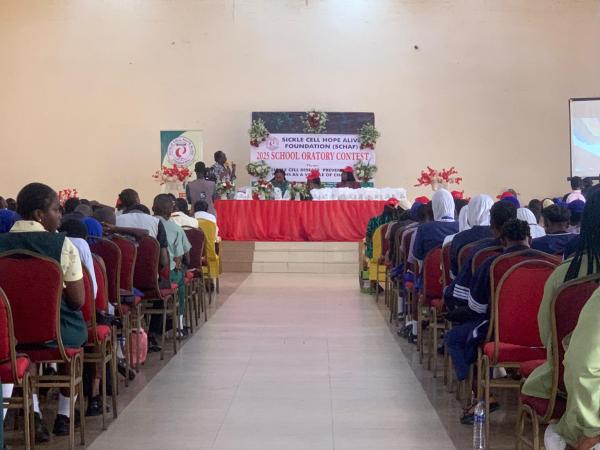
Chairperson of the Parliamentary Committee on Agriculture Felix Jumbe has accused the government of playing double standards over the warning against importation of maize grain from Tanzania.
Mr Jumbe says the decision by the government is questionable because the same authorities are importing from maize from the neighboring country where a serious viral disease has been reported.
In a statement dated August 10, the ministry of agriculture recommended restriction on importation of maize grain or seed from a number of countries affected by the Maize Lethal Necrosis disease.
So far, the disease has been identified and reported in South Sudan, Uganda, Kenya, the Republic Democratic of Congo and Tanzania.
Mr. Jumbe says Malawi could have avoided the risk of the disease outbreak in the country if the maize that the government is procuring to avert the looming hunger crisis was bought locally.
He says it is double standards to warn against the importation of maize grain from Tanzania where the serious disease has been reported when the same government is importing maize from the same country.
Considering its devastating effects, the ministry wants farmers to guard against the disease so that it does not affect the country.
The disease causes yield loss of up to one hundred percent if the crop is attacked at its early growing stage before tussling.
The statement signed by Principal Secretary Erica Maganga says the disease is spread by insects like beetles and aphids, among others, and can also be spread through planting of infected maize seed.
Mrs Maganga warns that if the disease enters Malawi, it could cause serious devastation on the agriculture sector. She said the disease has no remedy apart from use of resistant maize varieties.
The ministry is also calling for restriction on seed or grain movement from neighboring countries.
Ironically, Malawi is currently importing maize grain from Tanzania, among other countries, to cushion the maize deficit the country is experiencing.
Mr Jumbe advised the government to deploy mechanisms of producing more maize locally through irrigation to minimize the need to import.
“Government should have listened to the committee on offering high price to farmers in Malawi for all maize being kept to be released other than buying from elsewhere at an expensive price of about K220/kg,” queried Jumbe.
Mr. Jumbe said there are high chances of getting affected maize because of the country’s lack of capacity to detect crop diseases.
Malawi has this year recorded a decline from 3 million metric tons to about 2 million metric tons of the staple grain due to floods and dry spells experienced in the 2014/2015 rainy season.






















